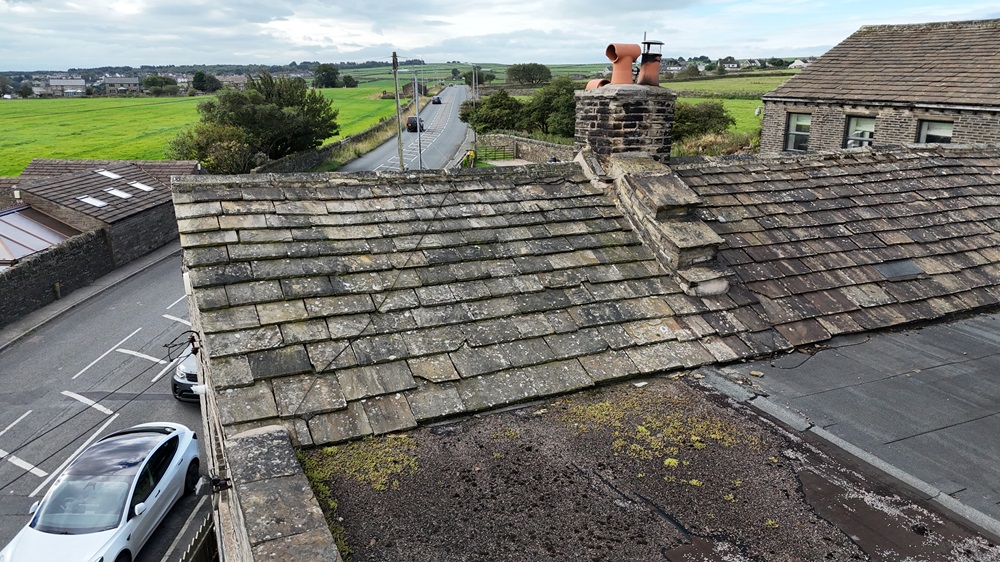Building Surveyor
Why You Need a Building Surveyor: A Guide for Property Owners and Buyers
When it comes to purchasing, maintaining, or renovating a property, one of the smartest decisions you can make is hiring a building surveyor. These professionals are the unsung heroes of the construction and real estate industries, offering expertise that helps safeguard your investment. But what exactly does a building surveyor do, and why do you need one? In this blog, we’ll dive into the critical role of building surveyors and why their services are essential for property owners, buyers, and investors alike.

What is a Building Surveyor?
A building surveyor is a qualified professional who specializes in inspecting, assessing, and reporting on the condition of buildings and construction projects. They provide advice on the design, construction, maintenance, and repair of structures. Surveyors are often involved in various stages of property development—from initial planning and feasibility studies to building completion and long-term maintenance.
Their primary job is to identify potential issues, recommend solutions, and ensure that properties are safe, compliant with regulations, and structurally sound.
Why Do You Need a Building Surveyor?
Here are some key reasons why hiring a building surveyor is a smart move, whether you’re buying, renovating, or managing a property:
1. Protect Your Investment
A property, whether residential or commercial, is often the largest investment people make in their lifetime. Having a building surveyor assess the property ensures that your investment is secure. They can uncover hidden defects, such as structural weaknesses, dampness, or roofing problems, that might not be visible during a routine viewing. Catching these issues early can save you from costly repairs down the line or prevent you from purchasing a problematic property.
2. Uncover Hidden Problems
Not all property defects are obvious. Some issues, such as subsidence, dry rot, or faulty wiring, can be concealed behind walls or under floors. These problems can pose safety risks and lead to expensive repairs if not addressed early. A building surveyor has the expertise to spot these hidden issues during a detailed inspection. They use specialized tools like moisture meters and thermal imaging cameras to identify problems that a layperson might miss.
3. Ensure Compliance with Building Regulations
Building regulations are complex, and they vary from one location to another. A building surveyor is well-versed in the latest regulations, ensuring that your property meets all legal requirements. This is particularly important if you’re planning to renovate, extend, or convert a building. Non-compliance with building regulations can lead to fines, delays, or even the need to undo completed work. By working with a building surveyor, you can avoid these legal pitfalls.
4. Assist in Renovations and Repairs
If you’re planning major renovations or structural repairs, a building surveyor can be invaluable. They will assess the property before the project begins, helping you understand what changes are feasible and what challenges you might face. They also advise on materials, building techniques, and safety standards. During the renovation process, surveyors can oversee the work to ensure that it’s being done to a high standard and meets all legal requirements.
5. Accurate Property Valuation
If you’re buying a property, a building surveyor can help you determine whether the asking price reflects the true value of the property. After a thorough survey, they can identify any problems that might affect the value and provide an estimate of repair costs. This information is invaluable for negotiating the purchase price or deciding whether to proceed with the deal.
6. Expert Advice for Older or Unique Properties
Older properties, heritage buildings, or properties with unusual designs often come with unique challenges. These could include outdated construction methods, historic preservation requirements, or materials that are no longer in use. A building surveyor with experience in older or specialized properties can guide you through the process of maintaining or restoring such buildings. They will understand the specific needs of these properties and help ensure that any work done respects the original character and meets modern standards.
7. Planning for Long-Term Maintenance
Owning a property is not just about the initial purchase; it’s also about maintaining it over time. A building surveyor can provide you with a maintenance plan, highlighting areas of concern that might need attention in the future. By planning for maintenance early, you can avoid sudden, expensive repairs and keep your property in good condition. This is especially important for large commercial buildings or residential complexes where ongoing upkeep is critical.
8. Peace of Mind
Buying or owning a property can be stressful, especially if you’re unsure about its condition or potential issues. A building surveyor gives you peace of mind by providing a comprehensive understanding of the property’s current state. With a detailed survey and expert advice, you can make informed decisions about purchasing, renovating, or maintaining your property, confident that you won’t face unexpected problems down the road.
9. Support During Disputes
Building surveyors are also called upon in disputes, whether it’s between homeowners and builders, landlords and tenants, or property developers and contractors. Their knowledge of construction law, property standards, and defect analysis makes them crucial mediators in resolving conflicts. They can provide impartial reports and expert testimony that can be used in legal proceedings or negotiations, helping all parties reach a fair resolution.
When Should You Hire a Building Surveyor?
There are several key moments when hiring a building surveyor is essential:
Before purchasing a property: Especially for older buildings or those with a complex history, a building surveyor can help you identify any potential issues before you sign on the dotted line.
Before and during renovations: A building surveyor can guide you through the renovation process, ensuring compliance with regulations and that the project is completed to a high standard.
When managing a property: Regular building surveys help identify maintenance issues before they become major problems, protecting the long-term value of the property.
During construction projects: Building surveyors play a key role in ensuring that new builds meet all required standards and comply with regulations.
Hire a building surveyor to help during the purchase.
Whether you’re buying, selling, renovating, or managing a property, the expertise of a building surveyor can save you time, money, and stress. They provide you with a clear understanding of the property’s condition, identify potential issues, and help you navigate complex building regulations. Most importantly, they help protect your investment and ensure the safety and longevity of the building.
If you’re considering any property-related decision, hiring a building surveyor should be at the top of your list. Their expertise could make all the difference between a successful project and a costly disaster.



